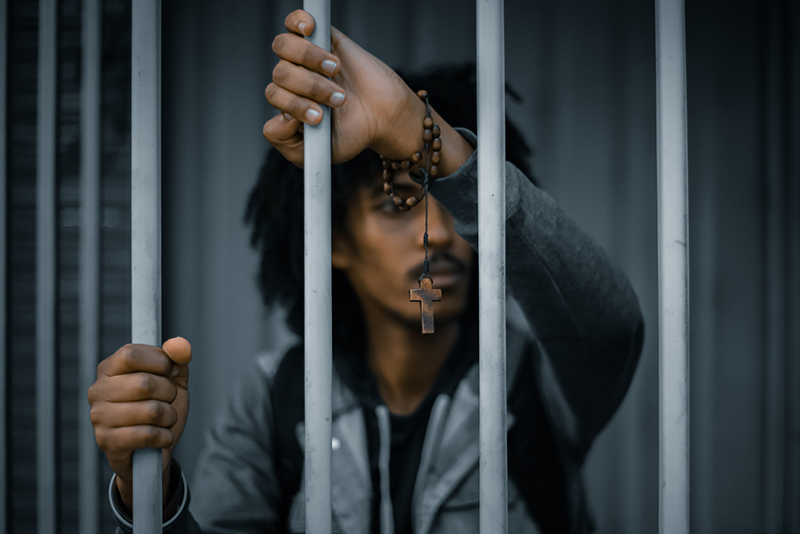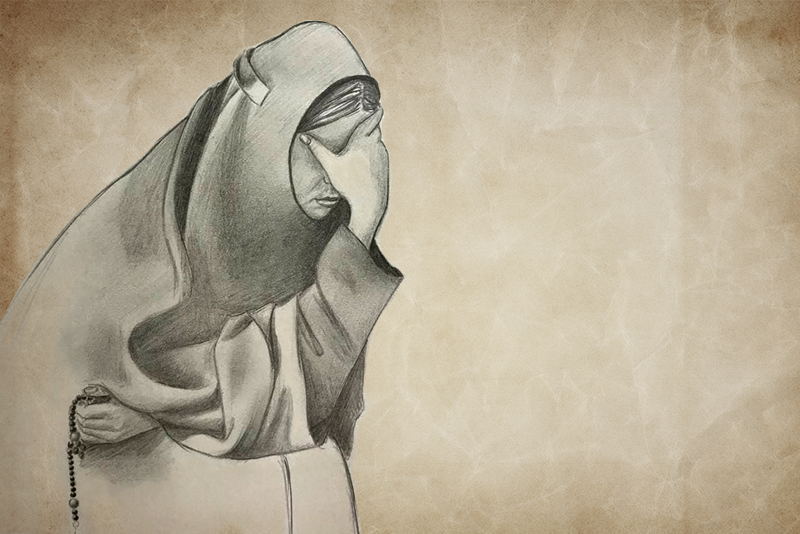
How are the soul and body connected? Do we need to be concerned about physical health? Why is care for physical health senseless without care for the soul? What danger is there in the cult of health? Archpriest Oleg Stenyayev answers these questions.
Unfortunately, these days there is a certain cult of human health. We are not even talking about the healing of diseases, but about the endless preventative treatments of all possible illnesses. A powerful industry offers at a range of prices to keep us out of danger from the point of view of physical health.
This is becoming a veritable mania: People are ready at any cost, even at the cost of compromising their own Christian convictions, to attain physical well-being and health. But the paradox in this situation consists in the fact that no matter how a person tries to keep his body healthy, no matter how he worries about his body, we know that it will definitely die, mix with the earth and return to its state of pre-existence and dust, from which God created the first man, as it is written in the Scriptures: And the Lord created man from the dust of the earth (Gen. 2:7).
In this life we cannot preserve our bodies, we cannot heal them of all possible diseases; they are doomed. And the Holy Scriptures show us that the day of salvation of our bodies is when they will be resurrected and clothed in incorruption. Then on what should we spend more time in this earthly life? Salvation of the soul. Because if we do not save our souls in this earthly life, we will never save them. And here is a true paradox: We take less care for the soul, which is what really needs to be saved in this life, and worry more about our bodies, which we know for sure will perish and die.
In this life, the soul supports the body’s existence. If the soul leaves the body, then the body dies, decomposes, rots. In the future life it will be just the opposite: When the soul leaves the body, the soul no longer has the fullness of existence—neither the fullness of suffering nor the fullness of blessedness. It abides as if on the threshold of blessedness or the threshold of suffering. But when our bodies are resurrected in the day of the body’s salvation, and our souls return to our bodies, then the body will communicate the fullness of being to the soul. And in the Scriptures, in the epistle of the apostle Paul to the Thessalonians it is written, I pray God your whole spirit and soul and body be preserved blameless unto the coming of our Lord Jesus Christ (1 Thess. 5:23). That is just how it is—preserve in purity of spirit, soul, and body in all the fullness of human existence.
But care for the body should not turn into pleasing the body—this is not permissible. And the striving to get health at any price, when a person first goes to charlatans, then to some sort of “healer”, and then to various yogis and practitioners of magic in order to become healthy—this is not the proper relationship to the world of the physical body.
Should we take care of our bodies? We should. Do we need the doctors? We do. It is written, “Do not disdain the doctor’s arts.” But this should not turn into a cult of the body, because when a person collapses into this kind of physiological hedonism it always ends badly. For it is written in the Scriptures, He that soweth to his flesh shall of the flesh reap corruption; but he that soweth to the Spirit shall of the Spirit reap life everlasting (Gal. 6:8). Therefore let us observe a healthy balance, so that the spirit, and the soul, and the body would be preserved whole without blemish for the Coming of the Lord Jesus Christ.



